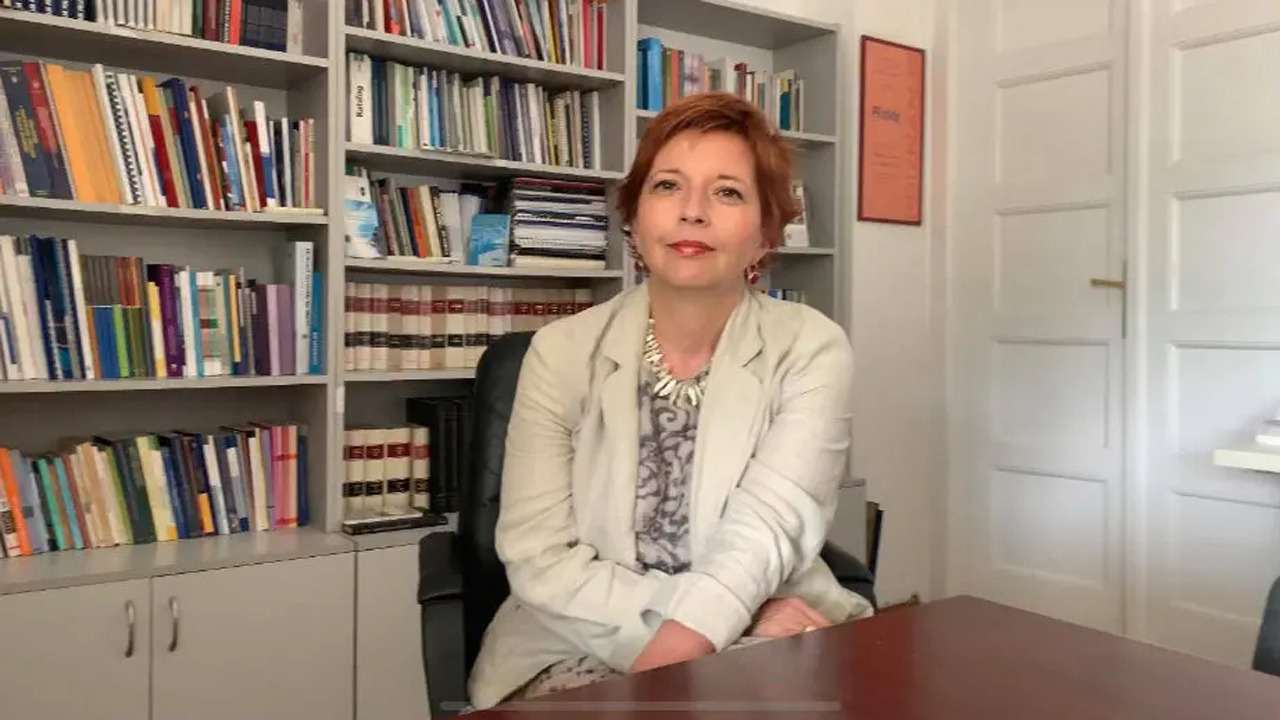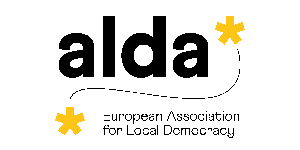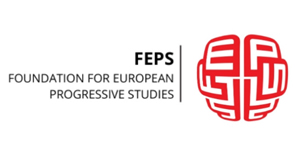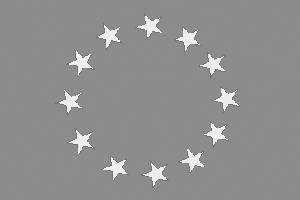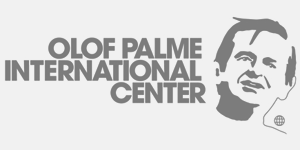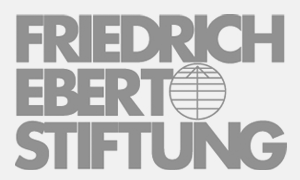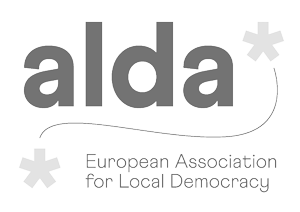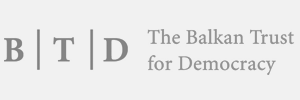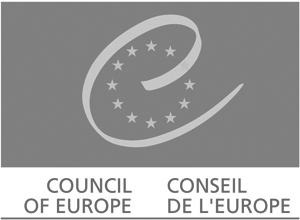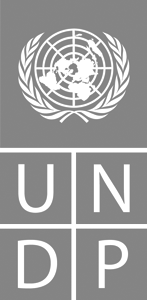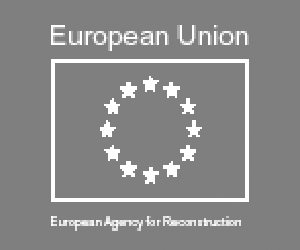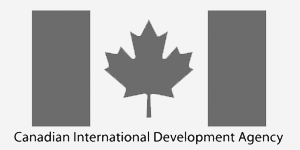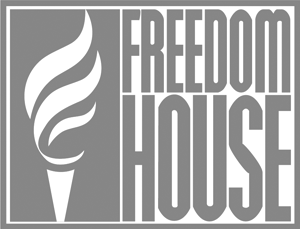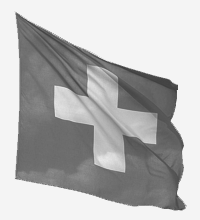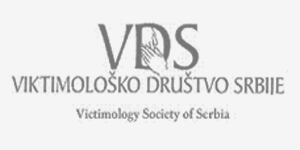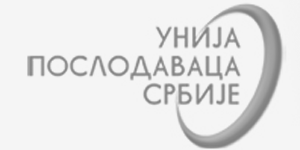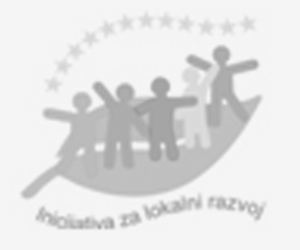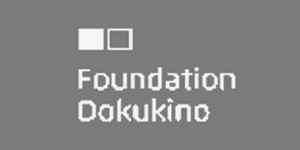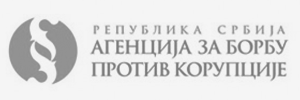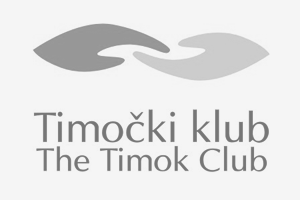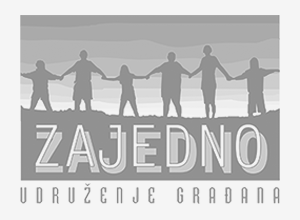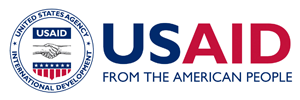The greatest responsibility for the state of dialogue in society lies with those who hold the most power
Nataša Vučković for NIN (weekly newspaper)
Nataša Vučković, General Secretary of the Center for Democracy, believes that those most responsible for the state of dialogue in a society are those who hold the greatest power to encourage, sustain, and improve dialogue—namely, the authorities.
“In our case, the authorities behave as if they acknowledge only that part of society which supports them. Those who are not part of that group are suppressed in every possible way—through belittling, insults, and using the media to destroy the reputations of individuals, groups, or organizations. Political dialogue, which should primarily occur in parliament, is characterized by limitations placed on opposition rights and the abuse of procedural rules, which effectively disables political discourse. Recall the agenda when a large number of laws, including the budget, were grouped under a single item, thus preventing any serious discussion on the budget. When the opposition is denied the right to discuss the budget, is there any parliament at all? It is then understandable that there is resistance and often anger from the opposition,” notes Vučković.
She points out that political debates are almost nonexistent in the media. “The government appears in certain media outlets, those they control, while the opposition goes to others. Confrontation of opinions is rare, and even when it occurs, it lacks mutual respect; every argument is interrupted or overshadowed by shouting…” She assesses that verbal aggression is perpetually at play.
“The other part of society, which is critical of the authorities—embodied by opposition parties, civil society, universities, and independent media—after numerous attempts to establish dialogue, and efforts to maintain rudimentary forms of dialogue, is starting to react to this constant verbal aggression, often withdrawing—opposition boycotting elections, civil society freezing memberships in mixed bodies… In recent months, aggression has assumed new forms—civil rights activists are being arrested, police have entered the premises of several civil society organizations, and police responses to protests in August led to disturbing scenes on the streets of Belgrade and other cities as well,” reports Vučković, continuing:
“It seems as though the representatives of the authorities are continuously pouring more or less fuel on the fire. Simultaneously, they call for a dialogue, and that dialogue is to be held in the media. Should that dialogue have any real substance and goal? Or is it merely a promotional move by the authorities to placate European interlocutors? Every dialogue must begin, above all, with mutual respect. It must focus on specific issues, with interlocutors capable of listening and striving to understand the positions and arguments of their dissenters. Most importantly, the dialogue should progress—through the exchange of opinions and various proposals—toward solving the problems being discussed; that constitutes progress in dialogue,” she states.
Nataša Vučković concludes that establishing dialogue in the parliament between the authorities and the opposition, as well as dialogue with civil society, universities, and students, is absolutely necessary.
“However, it must be demonstrated clearly and unambiguously that there is sincerity in intentions and a willingness to listen to criticism. Of course, the other side should not automatically reject any thought of dialogue with representatives of the authorities. Sometimes, there may even be overly radical tones here—leaving space for dialogue under certain conditions is a better option than rejecting dialogue altogether,” she stated.
Source: NIN
PUBLICATIONS
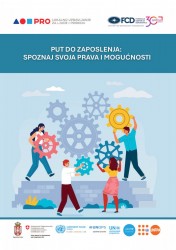 Manual “The Path to Employment: Get to Know Your Rights and Opportunities”
Manual “The Path to Employment: Get to Know Your Rights and Opportunities”
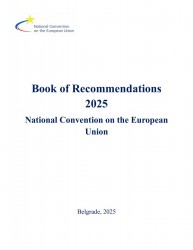 NCEU Book of Recommendations 2025
NCEU Book of Recommendations 2025
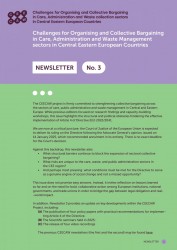 Challenges for Organising and Collective Bargaining in Care, Administration and Waste collection sectors in Central Eastern European Countries
Challenges for Organising and Collective Bargaining in Care, Administration and Waste collection sectors in Central Eastern European Countries
 Public Policy Proposals – Collective Bargaining (CEECAW)
Public Policy Proposals – Collective Bargaining (CEECAW)
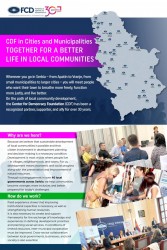 CDF in Cities and Municipalities: Together for a Better Life in Local Communities
CDF in Cities and Municipalities: Together for a Better Life in Local Communities
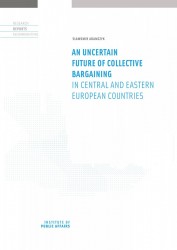 Comparative reports on collective bargaining - CEECAW
Comparative reports on collective bargaining - CEECAW
 POLITEIA – Regional School for Youth Participation 2025 (leaflet)
POLITEIA – Regional School for Youth Participation 2025 (leaflet)
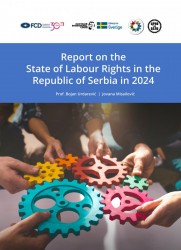 Report on the State of Labour Rights in the Republic of Serbia in 2024
Report on the State of Labour Rights in the Republic of Serbia in 2024
 Unlocking Collective Bargaining Power in Three Sectors: A Call to Action
Unlocking Collective Bargaining Power in Three Sectors: A Call to Action
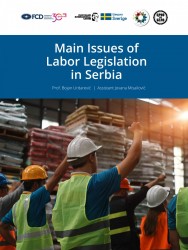 Main Issues of Labor Legislation in Serbia
Main Issues of Labor Legislation in Serbia
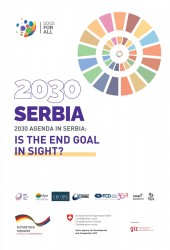 New Monitoring Report by the “SDGs for All” Platform: Is the End Goal in Sight?
New Monitoring Report by the “SDGs for All” Platform: Is the End Goal in Sight?
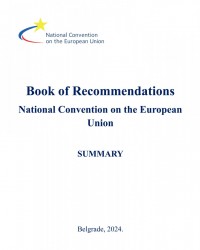 NCEU Book of Recommendations 2024 (Summary)
NCEU Book of Recommendations 2024 (Summary)
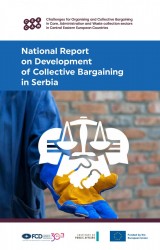 National reports on collective bargaining in Serbia - CEECAW
National reports on collective bargaining in Serbia - CEECAW
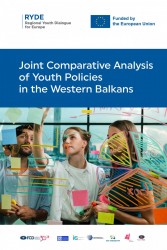 The Comparative Analysis of Youth Policies in the Western Balkans (WB)
The Comparative Analysis of Youth Policies in the Western Balkans (WB)
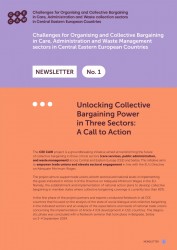 Unlocking Collective Bargaining Power in Three Sectors: A Call to Action
Unlocking Collective Bargaining Power in Three Sectors: A Call to Action
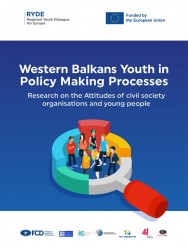 Western Balkans Youth in Policy Making Processes
Western Balkans Youth in Policy Making Processes
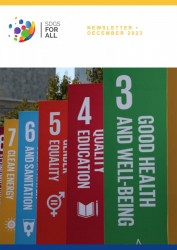 SDGs for All Platform newsletter (December 2023)
SDGs for All Platform newsletter (December 2023)
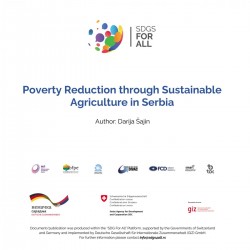 Analysis: Poverty Reduction Through Sustainable Agriculture in Serbia (with Summary)
Analysis: Poverty Reduction Through Sustainable Agriculture in Serbia (with Summary)


